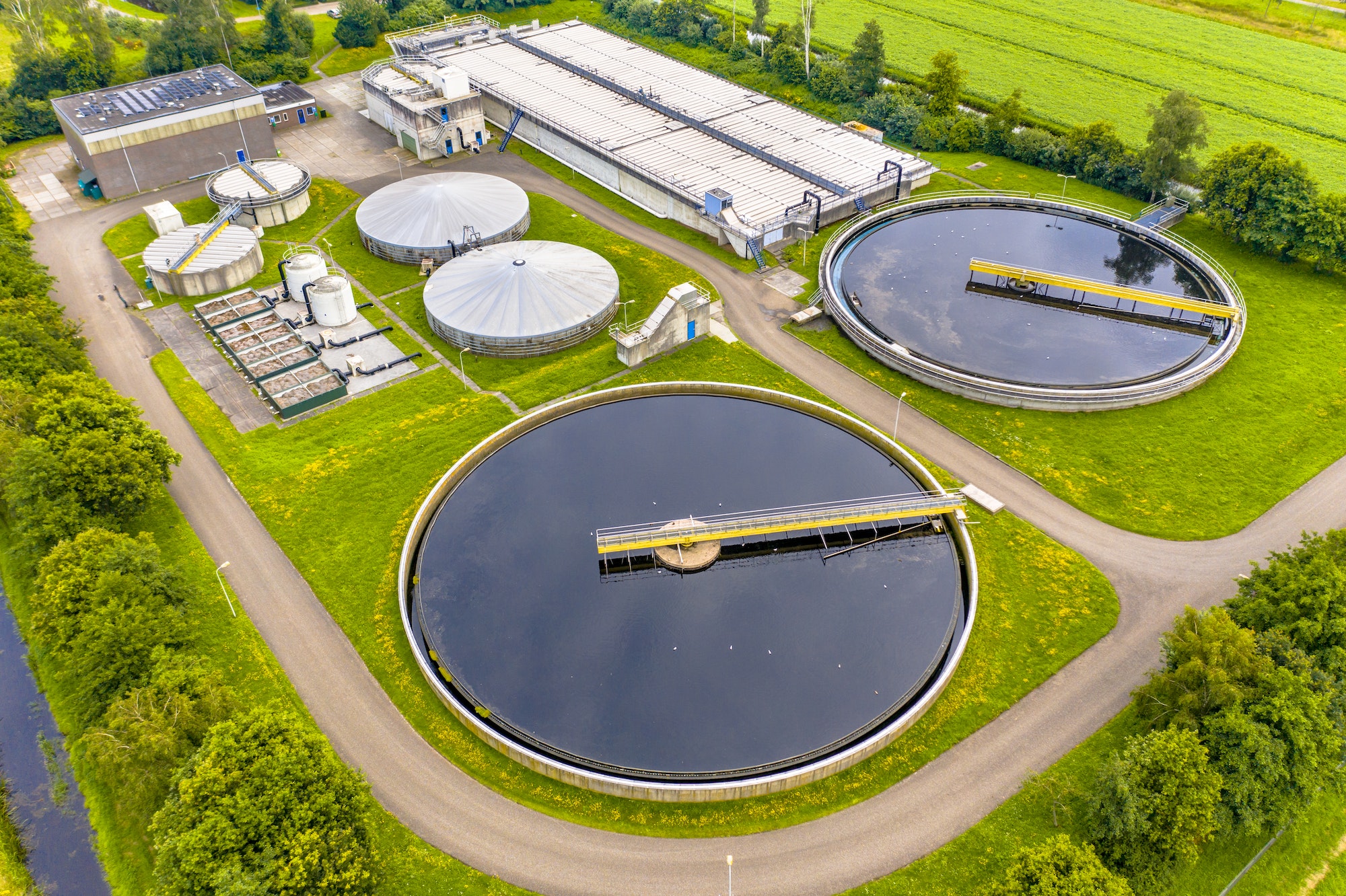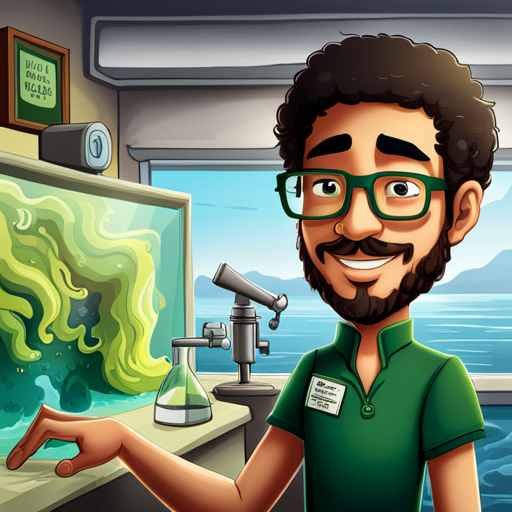Algae-derived products have gained significant attention in recent years due to their potential applications in various industries such as biofuel, wastewater treatment, and nutraceuticals. However, the economic feasibility and market acceptance of these products are still under question due to several challenges that need to be addressed.
One of the major challenges in algae-based wastewater treatment is the high cost associated with the cultivation and harvesting of microalgae. The process involves the use of large open ponds or photobioreactors, which require significant land area, water resources, and energy inputs for optimal growth conditions. Additionally, the harvesting process can be labor-intensive and energy-consuming, further adding to the overall cost. To overcome these challenges, researchers are exploring innovative cultivation systems such as hybrid pond-photobioreactor systems and wastewater-fed systems, which can reduce land and water requirements while improving productivity.
Another challenge is the efficient extraction of valuable compounds from microalgae biomass. Conventional extraction methods such as solvent extraction, mechanical pressing, and ultrasonication often result in low yields and can be time-consuming and energy-intensive. Recent advances in extraction techniques like microwave-assisted extraction, supercritical fluid extraction, and enzyme-assisted extraction have shown promising results in terms of yield and efficiency. However, these methods are still in their infancy and require further optimization to make them economically viable for large-scale production.
Market acceptance of algae-derived products is also a significant challenge due to several factors such as consumer perception, regulatory barriers, and competition from other sources. For instance, algae-based biofuels face stiff competition from fossil fuels and other renewable energy sources like solar and wind power. Moreover, regulatory uncertainties surrounding the approval of new algae-based products can hinder their market entry.
Despite these challenges, there are several promising future prospects for algae-based wastewater treatment. One such prospect is the integration of microalgae cultivation with existing wastewater treatment processes to create a closed-loop system that not only treats wastewater but also produces valuable by-products. This approach can help address the issue of high costs associated with algae cultivation and harvesting by utilizing the nutrients present in wastewater for microalgae growth, thereby reducing the need for external nutrient inputs.
Another potential application of algae-based wastewater treatment is in the removal of emerging contaminants such as pharmaceuticals, personal care products, and endocrine disruptors. Conventional wastewater treatment processes are often ineffective in removing these contaminants, which can pose significant risks to human health and the environment. Microalgae have shown the ability to uptake and degrade these contaminants, providing a sustainable solution for their removal from wastewater.
Furthermore, the development of advanced technologies for microalgae cultivation, harvesting, and extraction can significantly improve the economic feasibility of algae-derived products. For example, new harvesting techniques like flocculation, flotation, and membrane filtration have shown potential in reducing energy consumption and improving efficiency. Similarly, advancements in biorefinery techniques can enable the production of multiple high-value products from microalgae biomass, increasing the overall profitability of the process.
In conclusion, while there are several challenges associated with the economic feasibility and market acceptance of algae-derived products for wastewater treatment, ongoing research and technological advancements offer promising solutions to address these issues. The integration of microalgae cultivation with existing wastewater treatment processes and the development of advanced cultivation, harvesting, and extraction technologies can significantly improve the economic viability of algae-based wastewater treatment while providing a sustainable solution to address emerging environmental challenges.


